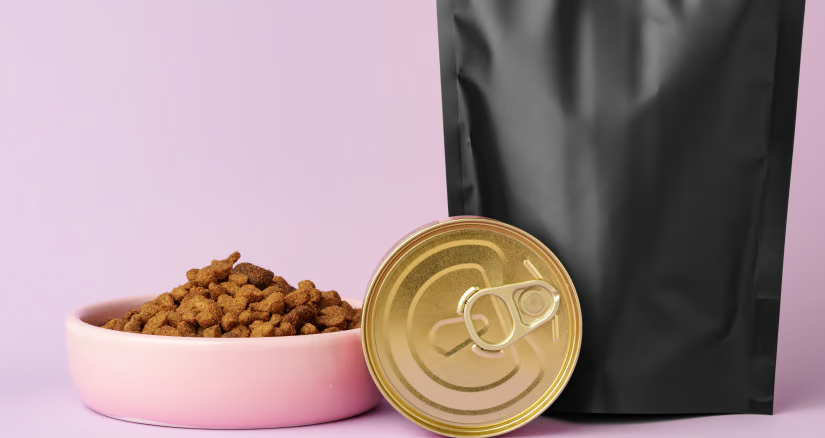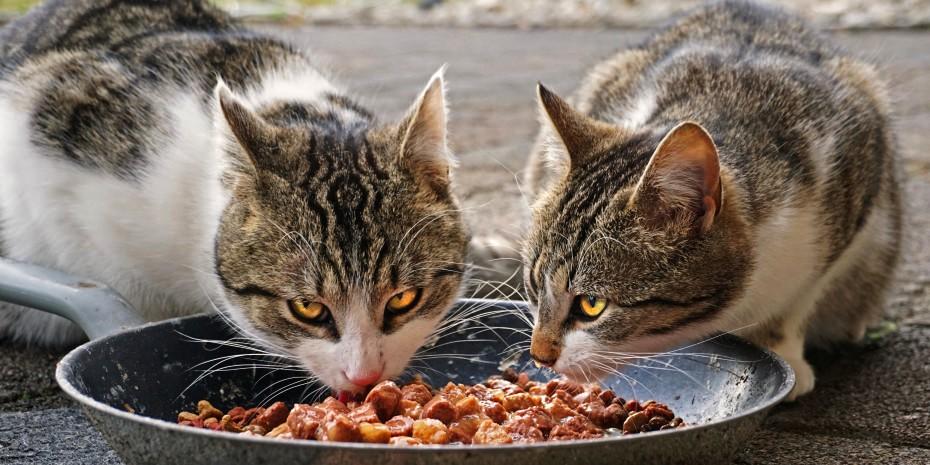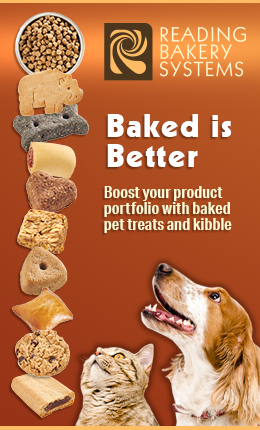Under the new regulation, manufacturers can label pet food with the EU organic production logo if 95% of its agricultural ingredients are organic, aligning with organic food for humans and considering the EU's high standards for organic products.
The European Parliament and the Council of the European Union have considered the 'growing consumer demand for organic products' as an opportunity for further expansion of the pet food sector, making it easier for consumers to recognize organic ingredients in their pet food purchases.
Further, to spread awareness about compliance, the Council has made the EU organic production logo mandatory for pre-packed organic pet food.
'With these new and updated rules, it will be easier for pet owners to buy organic food for their pets. At the same time, the regulation will make it easier for producers to enter the organic pet food market and improve certainty for EU consumers,' says Luis Planas Puchades, acting minister of agriculture, fisheries and food for Spain.
'Final consumers should be appropriately informed about the composition of pet food containing both organic and non-organic agricultural ingredients, thus enabling consumer confidence and fair competition between operators in the pet food sector,' says the regulation. The Council adopted the law on October 9 and it will enter into force three days after its publication in the Official Journal.
Boosting organic production and stability
The EU regulation on organic production was applied on January 1, 2022, and stipulates that pet food can only be labeled as organic if all its agricultural ingredients are organic. The new regulation amends this requirement to 95% (in terms of weight).
The new law will make it more practical for pet food producers to cater to organic labeling requirements and enter the market. 'This is in line with the farm-to-fork strategy goal of boosting organic production so it can reach 25% of the EU's agricultural land use by 2030,' notes the EU Council.
The new law also dictates that producers refer to organic production in the sales description and the list of ingredients for consumer information and transparency to stimulate the use of organic ingredients in pet foods.
To maintain harmony among producers, the law allows the sale of organic pet food labeled per national rules or in line with private standards between January 1, 2022, and the date of entry into force of the new regulation can still be sold 'until stocks are exhausted.' Moreover, pet food producers have six months before they are required to place the EU organic logo on their products.
Events preceding the law's sanction
Previously, organic production of all the ingredients was not a criterion for pet foods to be labeled as organic since the requirements for organic pet food were generally set at a national level. But, a change came into effect when regulation 2018/848 was applied in January 2022, which demanded that 'processed animal feed can be labeled as organic only if 100% of its agricultural ingredients and at least 95% of its dry ingredients are organic.'
However, producers struggled with the limited availability of the organic variants of some ingredients, including those that improved the taste of pet food. It became impossible for most organic pet food formulators to adhere to the rules. Pet food taste can be improved by using palatants that blend umami richness and targeted taste enhancements. Symrise recently opened such a production facility in Brazil.
On November 28, 2022, the European Commission adopted its proposal for a regulation on labeling organic pet food, which provides clarity to producers and consumers by deciding on specific labeling for pet food. The Council then amended the proposal by adding 'transitional periods' to allow producers to adapt to the new rules.
All Pet Food
You could be interested: Private Labels take a bite out of Europe’s pet food market giving retailers 34% share of €10.8 billion market































